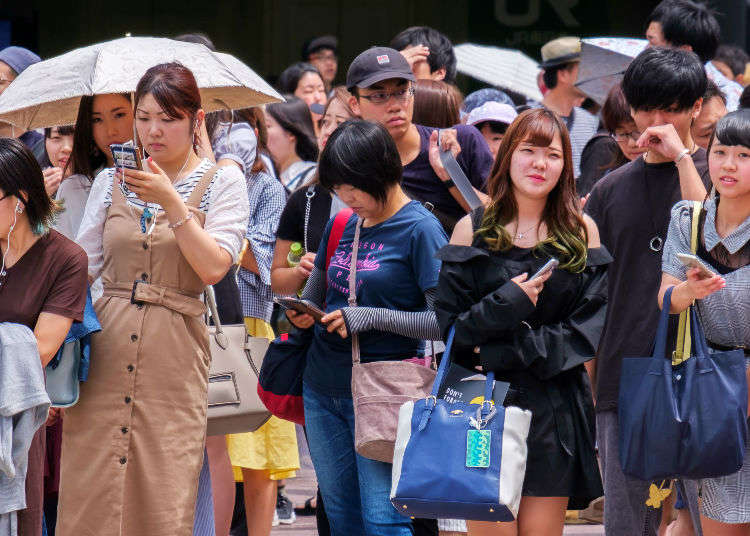
The Japanese language boasts plenty of words originating from other countries. Walk around Tokyo or any other major city in the country long enough and you’ll encounter vocabulary clearly coming from a different place and language all together. For the most part, the meaning comes across easily. Oftentimes, the only hurdle is figuring out just what language the word comes from (small plus — you end up learning bits and pieces of other languages too, like how arubaito (part time job) comes from German).
But sometimes an English phrase or word get chopped up and abbreviated into something that isn’t immediately clear to native speakers. To help make navigating the tricky world of Japanese shortened versions of words a little easier, here’s a guide to some of the more notable ones you’ll encounter when in the country
“Sutaba” (スタバ) - Starbucks
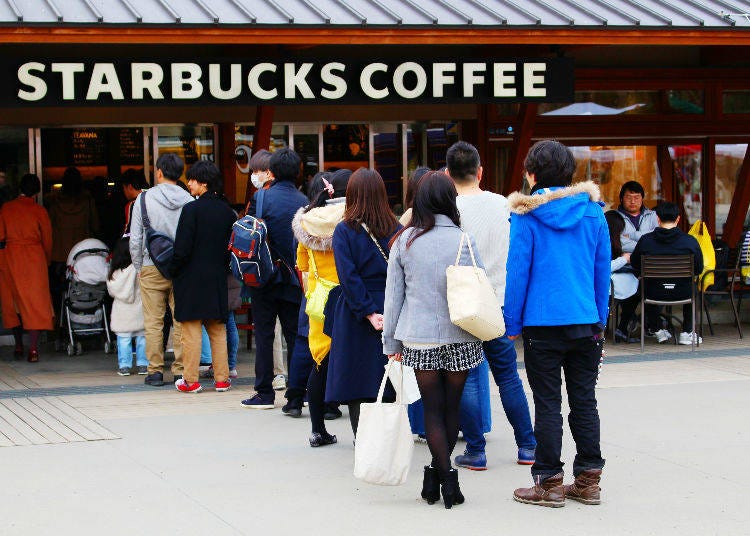
Speaking of something you’ll see frequently in busier neighborhoods of Japanese cities, “sutaba” is where you want to hit up when craving a caffeine pick-me-up or sugary frappachino. This is the Japanese shorthand for Starbucks, which operates over 1200 stores across the nation.
“Makku” (マック) - McDonald’s
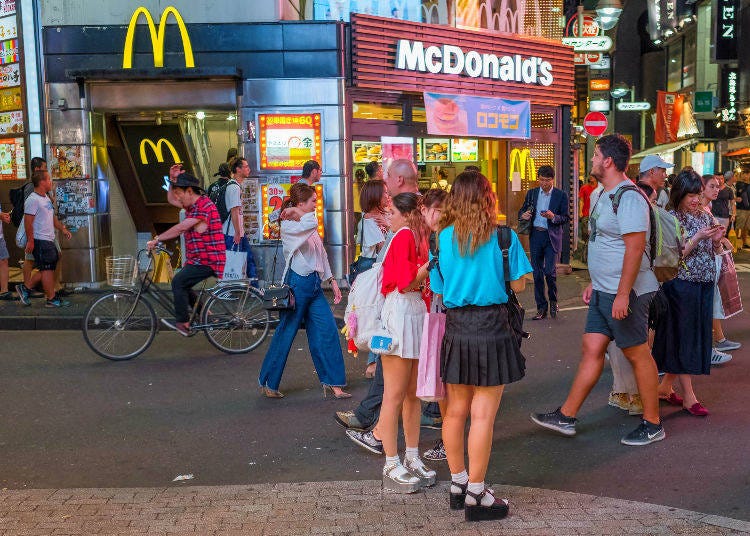
Here’s a tricky one, because nobody would blame you if, after all these other examples, you stared at that and reasoned this must be the Japanese take on “Macintosh” or “MacBook.” But no! This is what people say when they crave burgers and fries from McDonald’s. That is unless they live in the Kansai region…
“Makudo” (マクド) - McDonald’s

Folks out in Osaka and the surrounding area choose to be different from the rest of Japan by calling McDonald’s something else entirely. That’s so Kansai.
“Kenta (ケンタ) - KFC
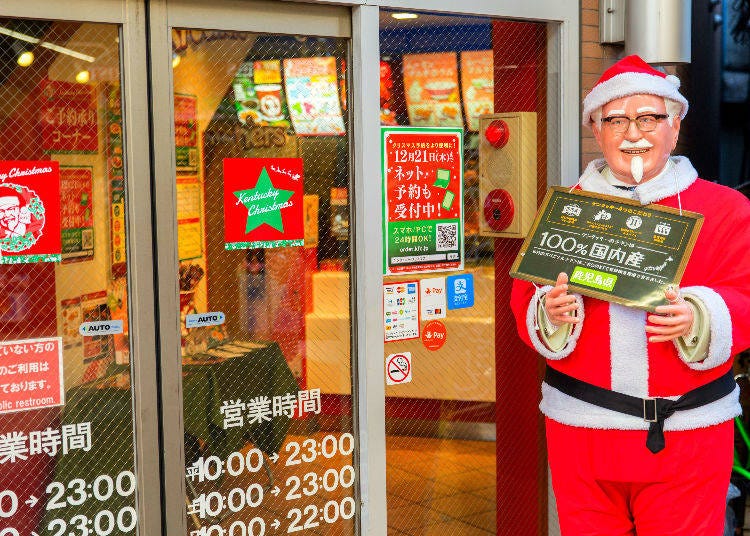
While we are knocking out America-born fast food chains, Kentucky Fried Chicken comes in many names here in Japan. Many shorten it down just to “Kentucky,” but then a fair amount of customers go even further by turning it into “Kenta.” Which also happens to be a common man’s name in Japan.
“Misudo” (ミスド) - Mister Donut
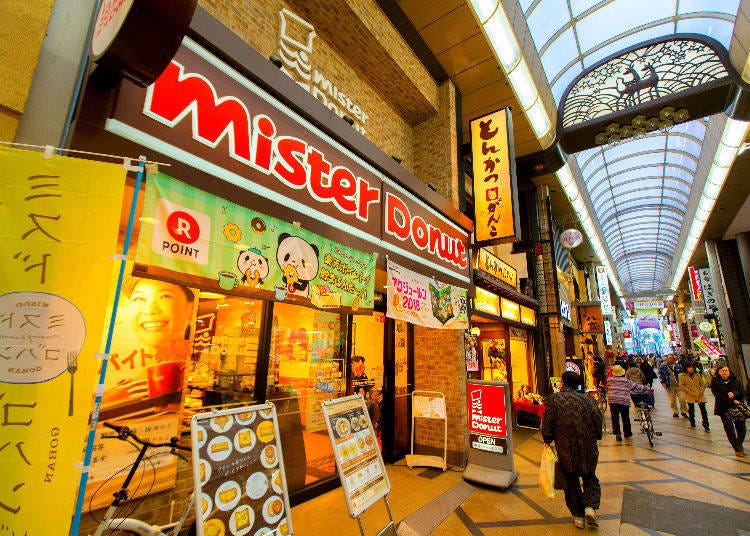
Just for a little variety, one notable Japanese chain with a name change in casual conversations is sweets store Mister Donut. Most just jam those two words together and dub it Misudo.
“Apuri” (アプリ) - App (Application)

Make sure to save space on your iPhone to download some “apuri,” better known in English as “applications” or “apps.”
“Sumaho” (スマホ) – Smartphone
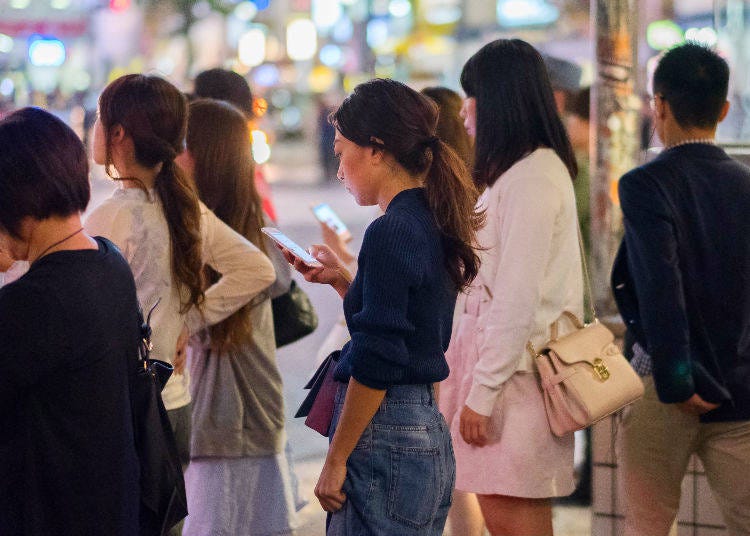
People used to just carry simple “keitai” (cell phones) around with them everywhere. But as technology marched forward, folks swapped out the flip phones for what has become the global go-to in the form of the smartphone — or “sumaho” in Japanese. Make sure to save space on your iPhone to download some “apuri” (アプリ), better known in English as “applications” or “apps.”
“Pasocon” (パソコン) - Personal computer

This word refers to something used by almost everyone in their daily life, a personal computer. While the “personal” part has fallen out of favor in English use, it became a permanent part of the Japanese word, and is now the default term.
“Konbini” (コンビニ) - Convenience store
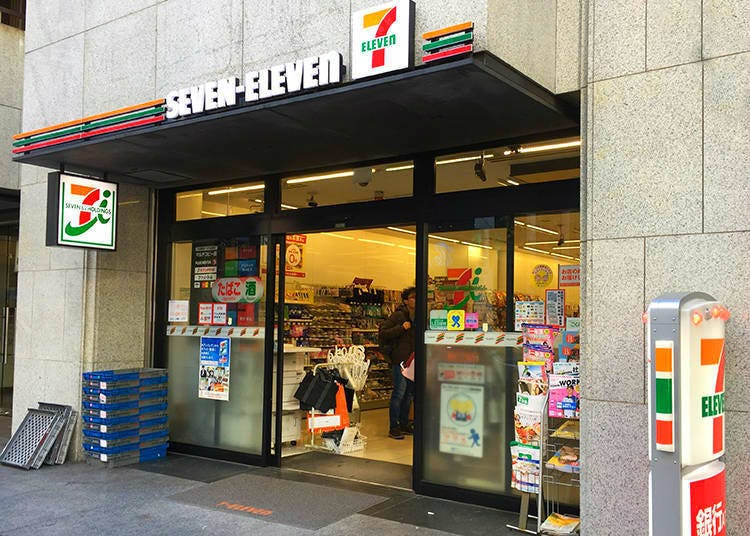
One of the most important places to hit up while you are visiting Japan is your local “konbini,” otherwise known as a convenience store. These stores appear all over cities, and even pop up with surprising frequency in the countryside. The big three are 7-11 (セブン), Lawson and famima (ファミマ) aka Family Mart.
“Aisu” (アイス) - Ice cream
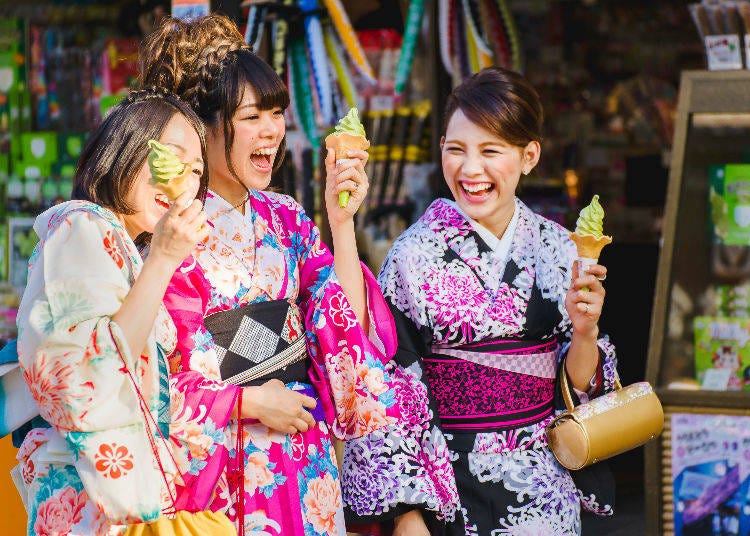
When the weather gets too hot and humid for you, reach for some “aisu” in a cone, cup or bar form. This is the shorthand for what the English language refers to as ice cream (though all sorts of frozen treats fall under this category).
“Eacon” (エアコン) - Air conditioner
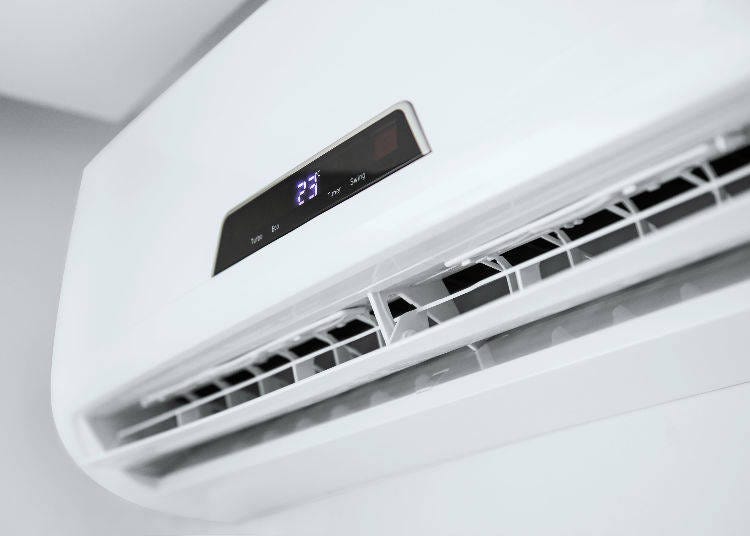
Another essential during the hot months in Japan is the air conditioner, dubbed “eacon” in Japanese. Don’t worry about the bills and crank it.
“Terebi” (テレビ) - Television

This is the common Japanese for a staple of most homes, the television. Make sure to have the rimokon (リモコン) handy when tuning in — that’s the word you’ll want to refer to the remote control (and not just for TV).
“Depaato” (デパート) - Department stores
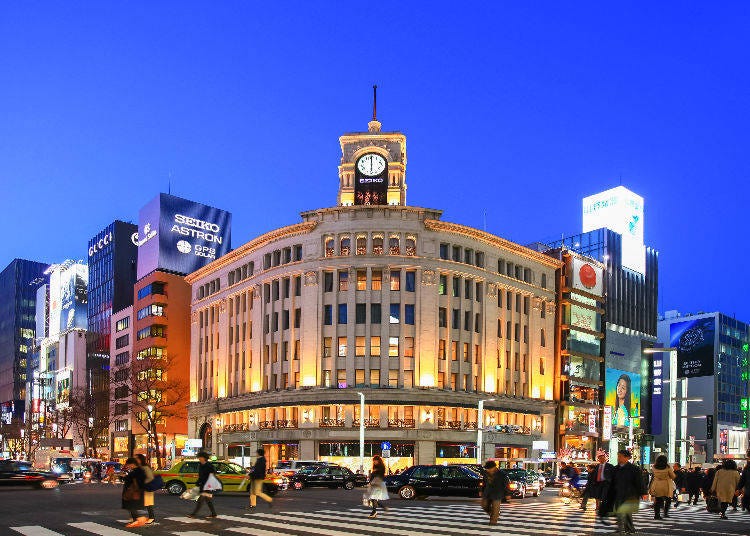
Roam around Shibuya, Shinjuku or Ginza and you’re bound to see many of these, better known as department stores in English. Just drop the “store” and tighten up the “department.”
“Puroresu” (プロレス) – Pro-wrestling

Looking to take in some sports (or “sports entertainment”)? Maybe watching a night of “puroresu” is the ticket, especially if you like muscled-up gladiators throwing themselves around a ring and occasionally bringing in a foreign object. This is pro wrestling after all.
“Amefuto” (アメフト) – American Football

While harder to find in Japan than pro wrestling, it is still possible to watch two teams ram into one another while also throwing a ball down a field to score a touchdown. This is American Football.
“Pine” (パイン) – Pineapple

Not the tree — this is the common word used to talk about a pineapple, which is a particular popular treat during the summer months.
“Toire” (トイレ) – Toilet
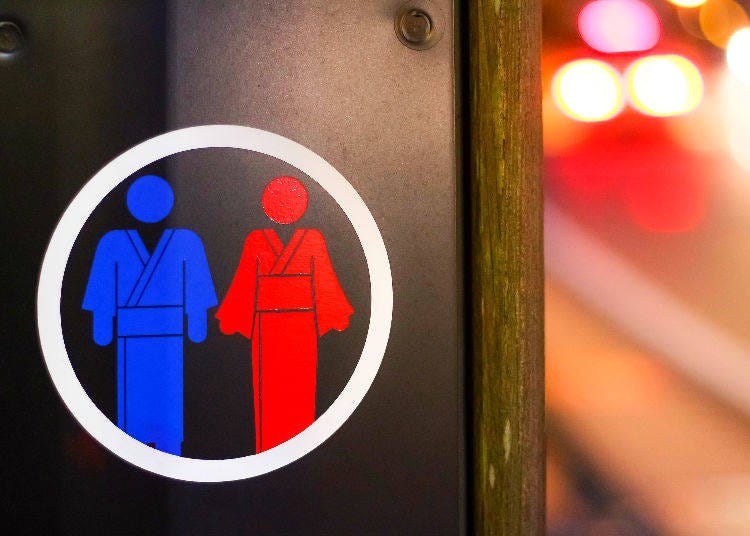
This abbreviation refers to the toilet.
“Geesen” (ゲーセン)
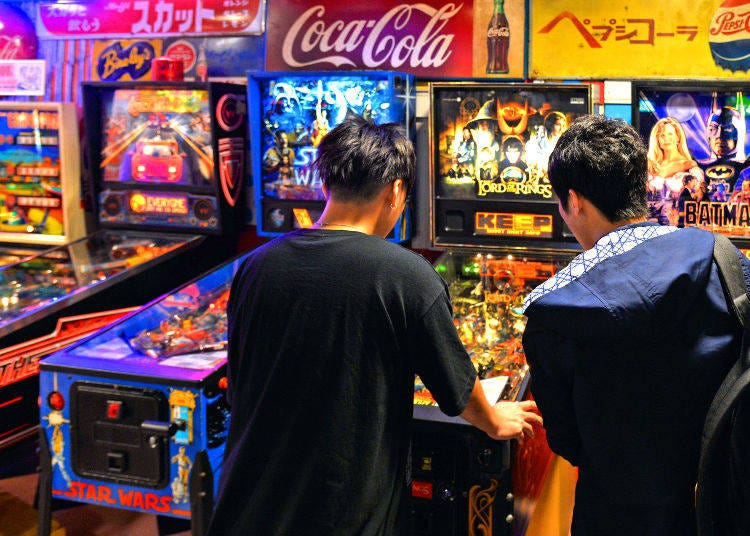
For those looking to play some crane games or spend a lot of coins working through a fighting game, you’ll want to head to this place, which means game center in Japanese (or arcade, if you are old school like that).
“Copipe” (コピペ) - Copy and paste

It’s one of the most useful keyboard shortcuts on a computer, and in Japan they have found a way to make copy and paste all the more concise.
“Boru pen” (ボールペン) – Ballpoint pen

Whether you are jotting down a note or filling out papers at the bank, knowing the word for ballpoint pen will go a long way.
“Raji kase” (ラジカセ) - Radio Cassette Player
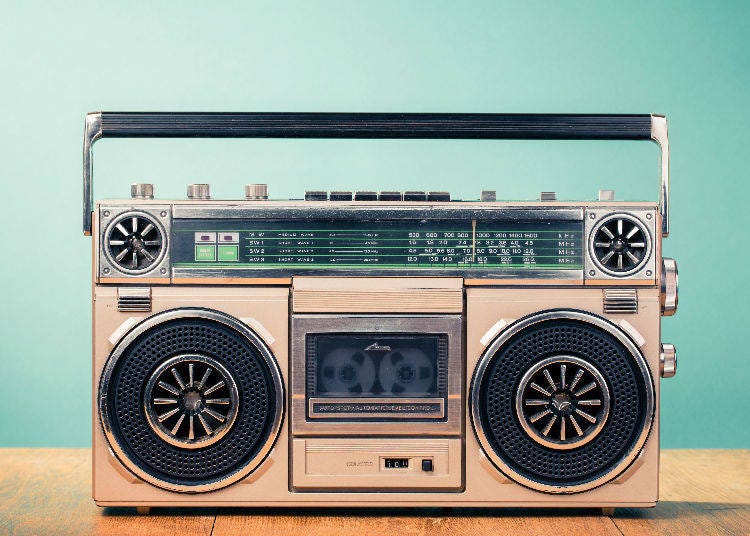
While maybe not quite as common as they were in the 1980s, a visit to certain corners of Japan can lead you to a Radio Cassette Player known as “raji kase” in Japanese. Pick one up for extra hipster points back home.
“Famiresu” (ファミレス) - Family Restaurant
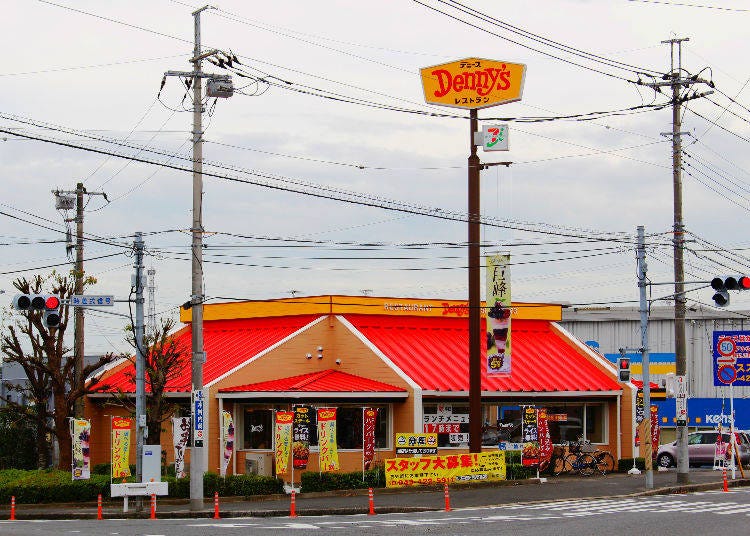
Family restaurants are places such as Denny’s and Jonathan’s, restaurants that are optimal for bringing your kids to. Or just yourself, grabbing a table, and taking advantage of the drink bar for hours.
“Rimocon” (リモコン) - Remote-control Device

Next time you can’t find the remote control, here’s the Japanese to bust out to make recovery easier. Keep in mind, it is used for all sorts of devices, from TV remotes to air conditioner remotes.
“Fulima” (フリマ) - Flea market

While many used items in Japan are now purchased online, you can still find a “fulima” – or flea market – in most major cities. Just ask around!
“Burapi” (ブラピ) - Brad Pitt

Names can also be abbreviated in Japanese, and many famous domestic celebrities and performers end up with tighter titles. Same with some Western heavyweights, such as Brad Pitt, who becomes “Burapii” in Japan.
“Recchiri” (レッチリ) - Red Hot Chili Peppers

Finally, this Japanese approach to shortening words from abroad can also apply to bands. Here’s one particularly creative case — fans of “Recchiri” are absolutely wild about the Red Hot Chili Peppers, and they’ve found a way to turn four words into one. That’s the ingenuity of Japanese abbreviations for you.
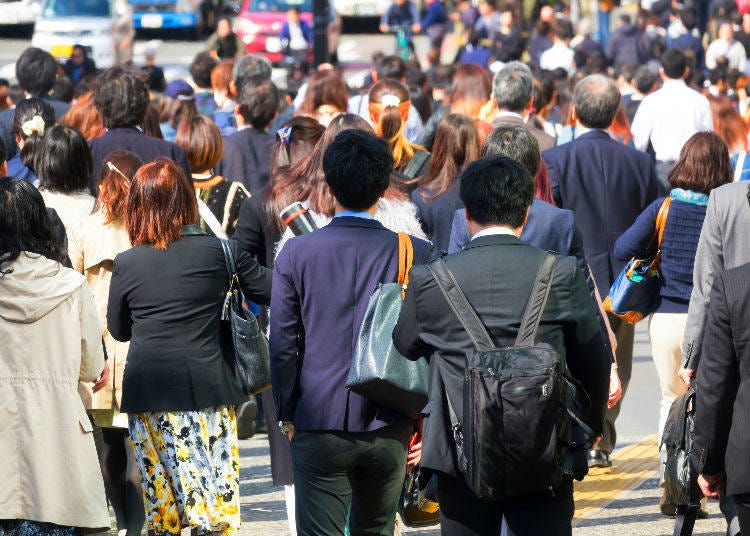
That’s a good overview of Japanese versions of familiar (and not so common) English words. Many more await when you arrive in the country, but the above should offer a nice glance at how speakers over here deal with words originating from other places.
Written by Patrick St. Michel
*Prices and options mentioned are subject to change.
*Unless stated otherwise, all prices include tax.
Popular Tours & Activitiess
Recommended places for you
-

Kanzenkoshitsuyakinikutabehodai Gyugyu Paradise Sannomiya
Yakiniku
Kobe, Sannomiya, Kitano
-

ISHIDAYA Hanare
Yakiniku
Kobe, Sannomiya, Kitano
-
Goods

Yoshida Gennojo-Roho Kyoto Buddhist Altars
Gift Shops
Nijo Castle, Kyoto Imperial Palace
-

Kambei Sannomiyahonten
Yakiniku
Kobe, Sannomiya, Kitano
-

Jukuseiniku-to Namamottsuarera Nikubaru Italian Nikutaria Sannomiya
Izakaya
Kobe, Sannomiya, Kitano
-
Appealing

Rukku and Uohei
Izakaya
Sapporo / Chitose
-
Ad

5 Recommended Wagyu Yakiniku Restaurants in Tokyo: Signature Dishes, Premium Beef, and Secret Sauces
-

Where to Buy a Japanese Kitchen Knife? Why Travelers Choose MUSASHI JAPAN's 14 Stores in Tokyo, Kyoto, and Nara
by: Guest Contributor
-
Ad

What Makes Japanese Yakiniku So Darn Good? Guide to Cuts, Heat, and Wagyu Know-How
-

A New Tokyo Landmark Is Coming in 2026, and It's Built for Modern Travelers
by: Guest Contributor
-
Ad

The Whisper of a 1,300-Year-Old History: Meet the Other Face of Nara at Night
by: Shingo Teraoka
-

Farewell, Heavy Suitcases! Keisei Ueno’s New Service Makes Your Last Day in Tokyo Totally Hands-Free
by: Guest Contributor
-

Japanese Foods List: 16 Crazy Tasty Japanese Tohoku Region Dishes You've Never Heard of
by: Guest Contributor
-

3 Select Warabi Mochi Shops in Kyoto: Trying Out Japan's Kooky Dessert
-

Iizaka Onsen Guide: Japan's Gorgeous Hidden Hot Springs Town! (Access, Things to Do, Ryokan)
-

Niigata Bucket List: 26 Best Things to Do in Niigata Prefecture For Tourists (Attractions, Local Foods & Activities)
-

Why Hokkaido University Campus is a Must on a Trip to Northern Japan
-

Asakusa’s Feathery Jungle Forest: Owl no Mori
by: Holly Neslusan
- #best sushi japan
- #what to do in odaiba
- #what to bring to japan
- #new years in tokyo
- #best ramen japan
- #what to buy in ameyoko
- #japanese nail trends
- #things to do japan
- #onsen tattoo friendly tokyo
- #daiso
- #best coffee japan
- #best japanese soft drinks
- #best yakiniku japan
- #japanese fashion culture
- #japanese convenience store snacks













